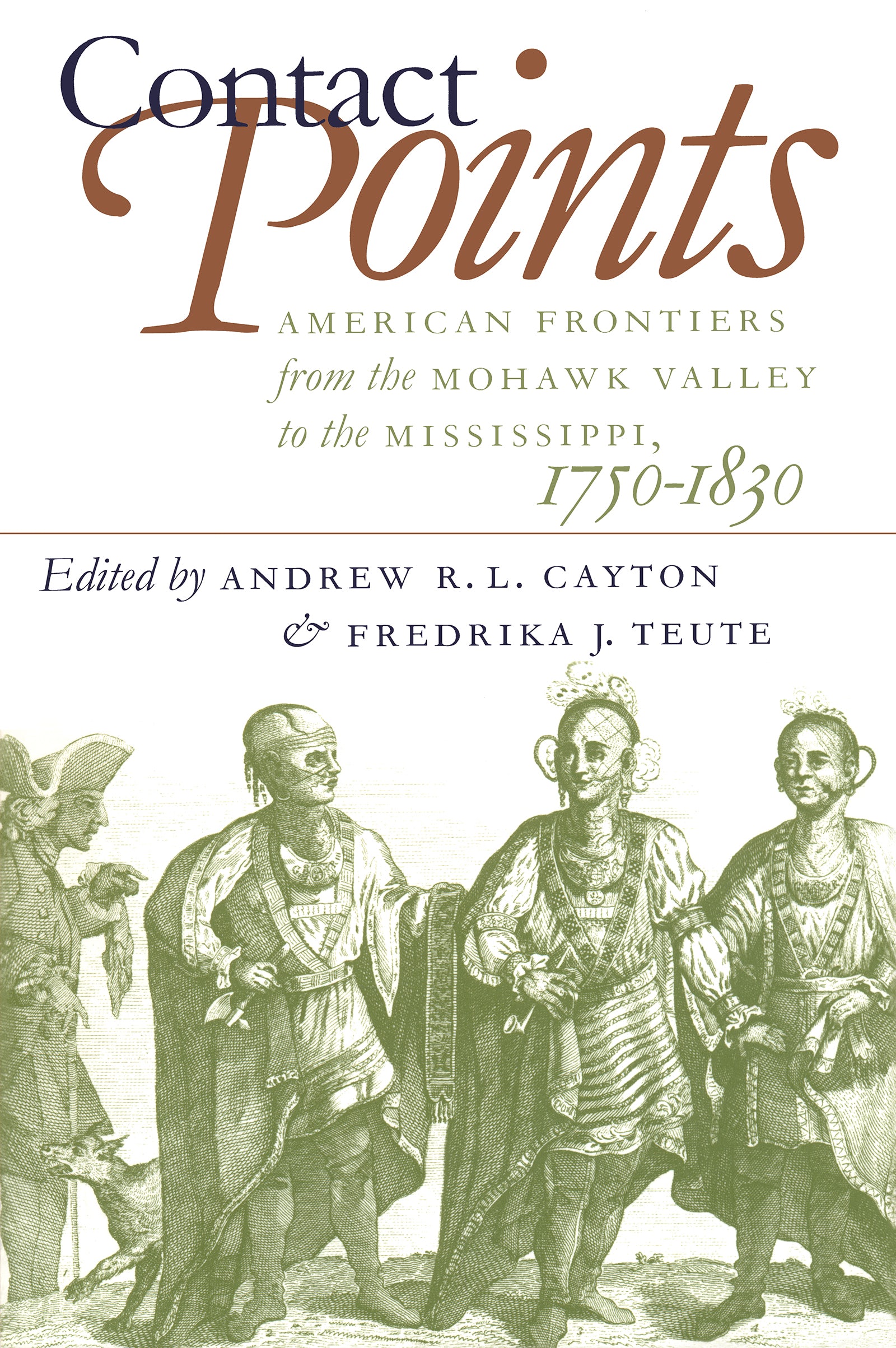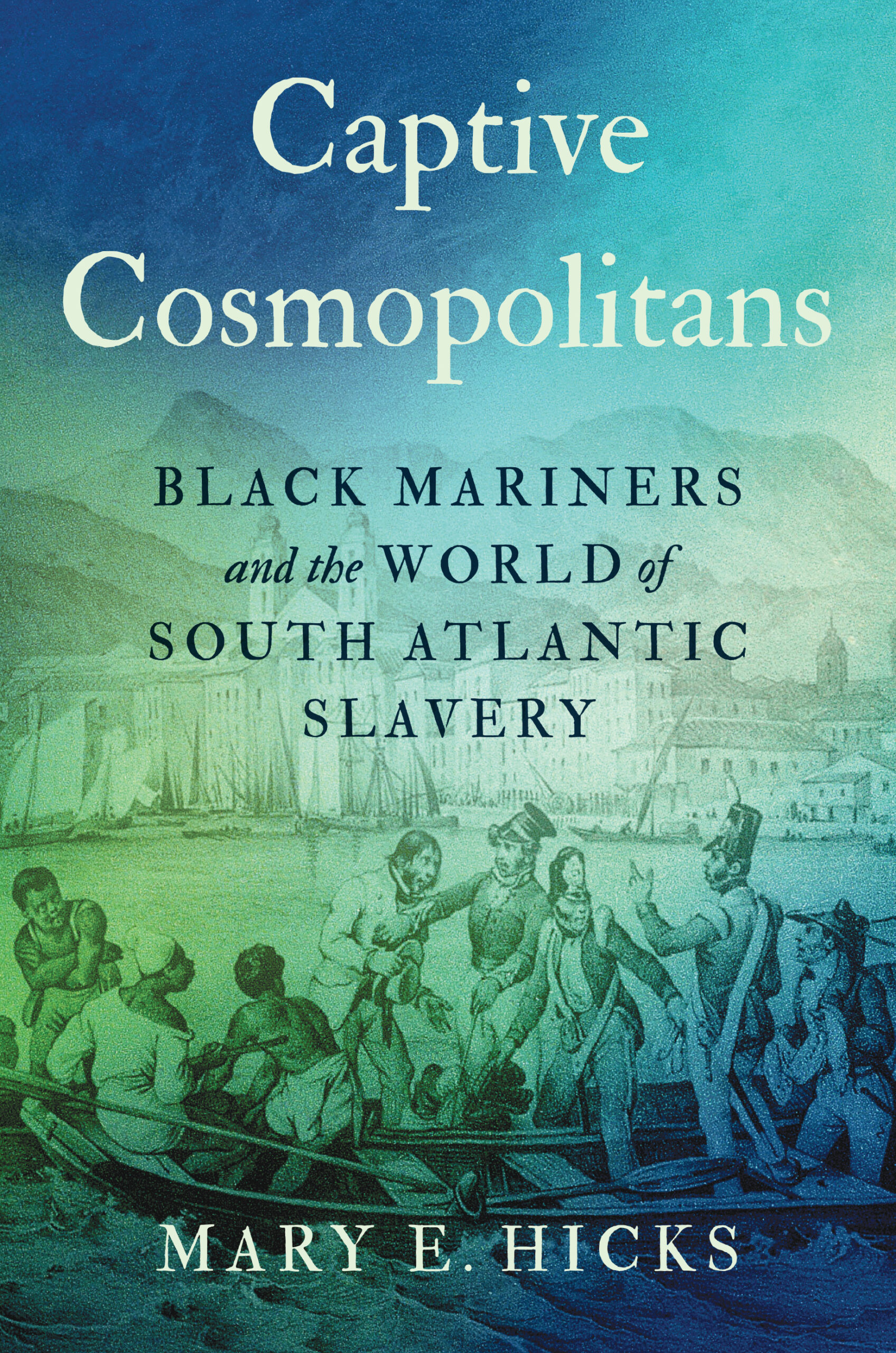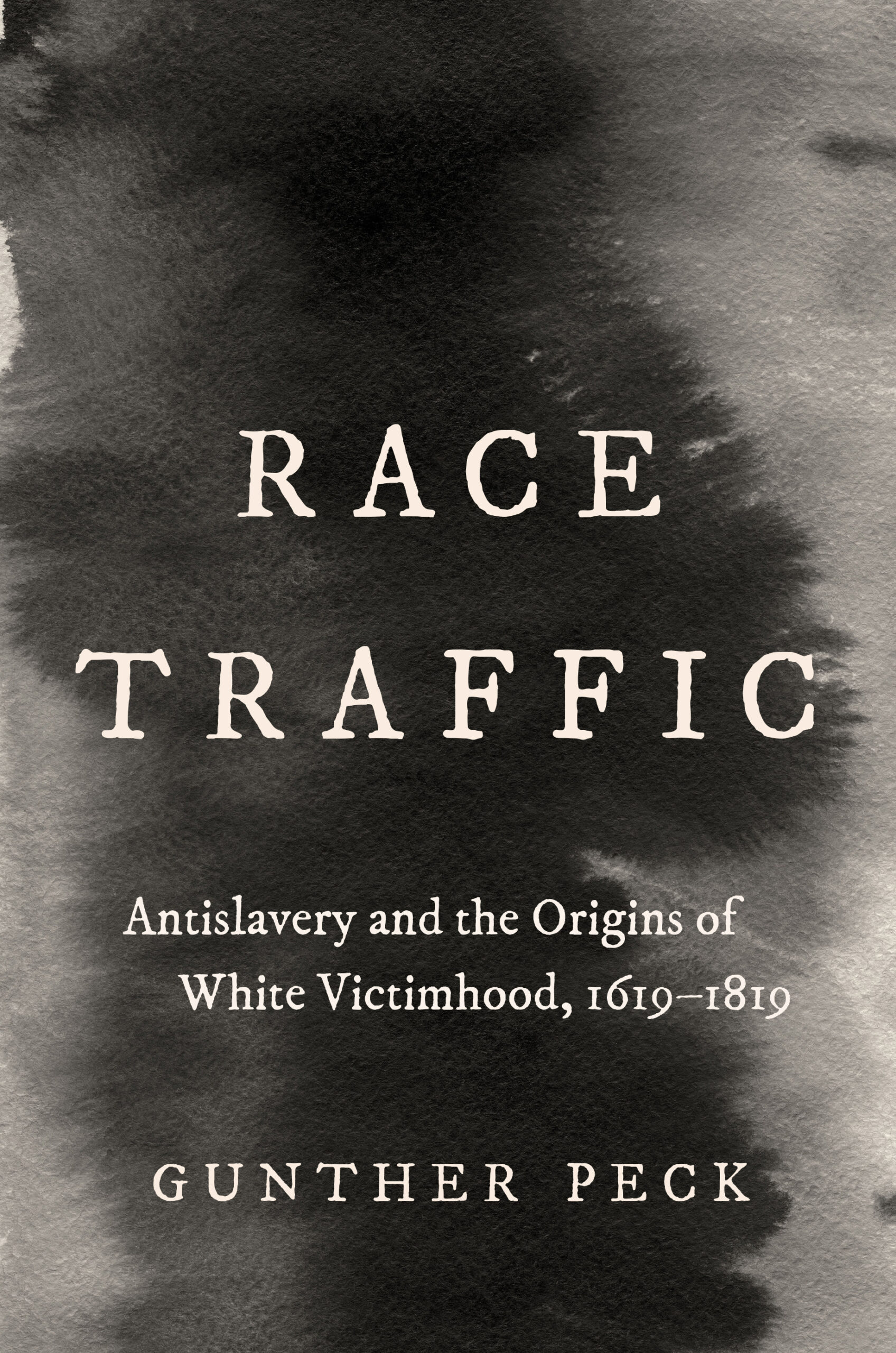
Contact Points
Description
The eleven essays in this volume probe multicultural interactions between Indians, Europeans, and Africans in eastern North America’s frontier zones from the late colonial era to the end of the early republic. Focusing on contact points between these groups, they construct frontiers as creative arenas that produced new forms of social and political organization.
Contributors to the volume offer fresh perspectives on a succession of frontier encounters from the era of the Seven Years’ War in Pennsylvania, New York, and South Carolina to the Revolutionary period in the Ohio Valley to the Mississippi basin in the early national era. Drawing on ethnography, cultural and literary criticism, border studies, gender theory, and African American studies, they open new ways of looking at intercultural contact in creating American identities. Collectively, the essays in Contact Points challenge ideas of either acculturation or conquest, highlighting instead the complexity of various frontiers while demonstrating their formative influence in American history.
The contributors are Stephen Aron, Andrew R. L. Cayton, Gregory E. Dowd, John Mack Faragher, William B. Hart, Jill Lepore, James H. Merrell, Jane T. Merritt, Lucy Eldersveld Murphy, Elizabeth A. Perkins, Claudio Saunt, and Fredrika J. Teute.
About The Author
Andrew R. L. Cayton is professor of history at Miami University in Oxford, Ohio.
Reviews
“One of the best collections to date on the history of early American frontiers and Indian-white relations.”–Wisconsin Magazine of History
“A major contribution to the historiography of early North America. Their theoretical insights will enrich cultural history in general and help conceptually remake the term ‘frontier.'”–Journal of American History
“This is a must read for those with interests in new perspectives on Native cultures.”–Journal of the West
“[An] excellent volume.”–Journal of Southern History
“The essays provide a good example of the current scholarship on North American frontiers. The book would be an excellent addition to any course on western, early American, Native American, or ethnic history and should be an important voice in the continuing debates on the nature of the frontier(s) in North American history.”–North Carolina Historical Review
“An impressive sampling of a fresh wave of scholarly investigation into the first transmontane expansion of American society.”–Journal of the Early Republic
“This collection represents some of the best recent work on colonial frontiers in the eastern half of what is now the United States. . . . All of these thought-provoking essays, whether focused on conflict, negotiation, exclusion, or exchange, describe the frontier as a complex and contested process. This book will intrigue both new students and seasoned scholars of early America.”–Western Historical Quarterly
“Stimulating reading for those interested in race relations and the early American West.”–William & Mary Quarterly
“Contact Points provides compelling evidence that the most interesting things often happen on the borders. This volume is a wonderful guide not only to the convergence of peoples on the frontiers of North America but also to the convergence of several interesting strands of contemporary historical scholarship.”–Richard White, University of Washington
“Frontiers, zones of interaction, are now central in early American history. This collection is essential reading on the world of fluid boundaries and negotiated identities that historians are finding in these culturally complex and contested spaces.”–Karen Ordahl Kupperman, New York University






